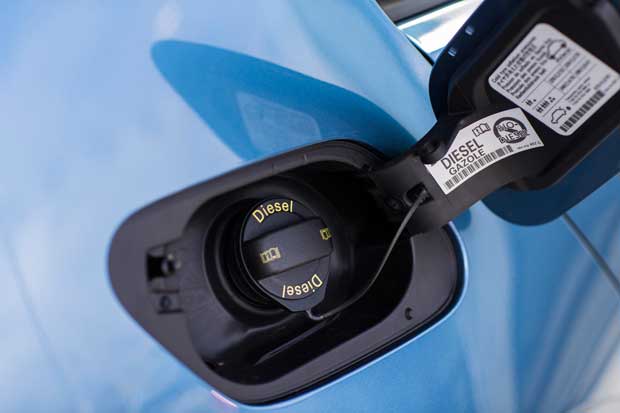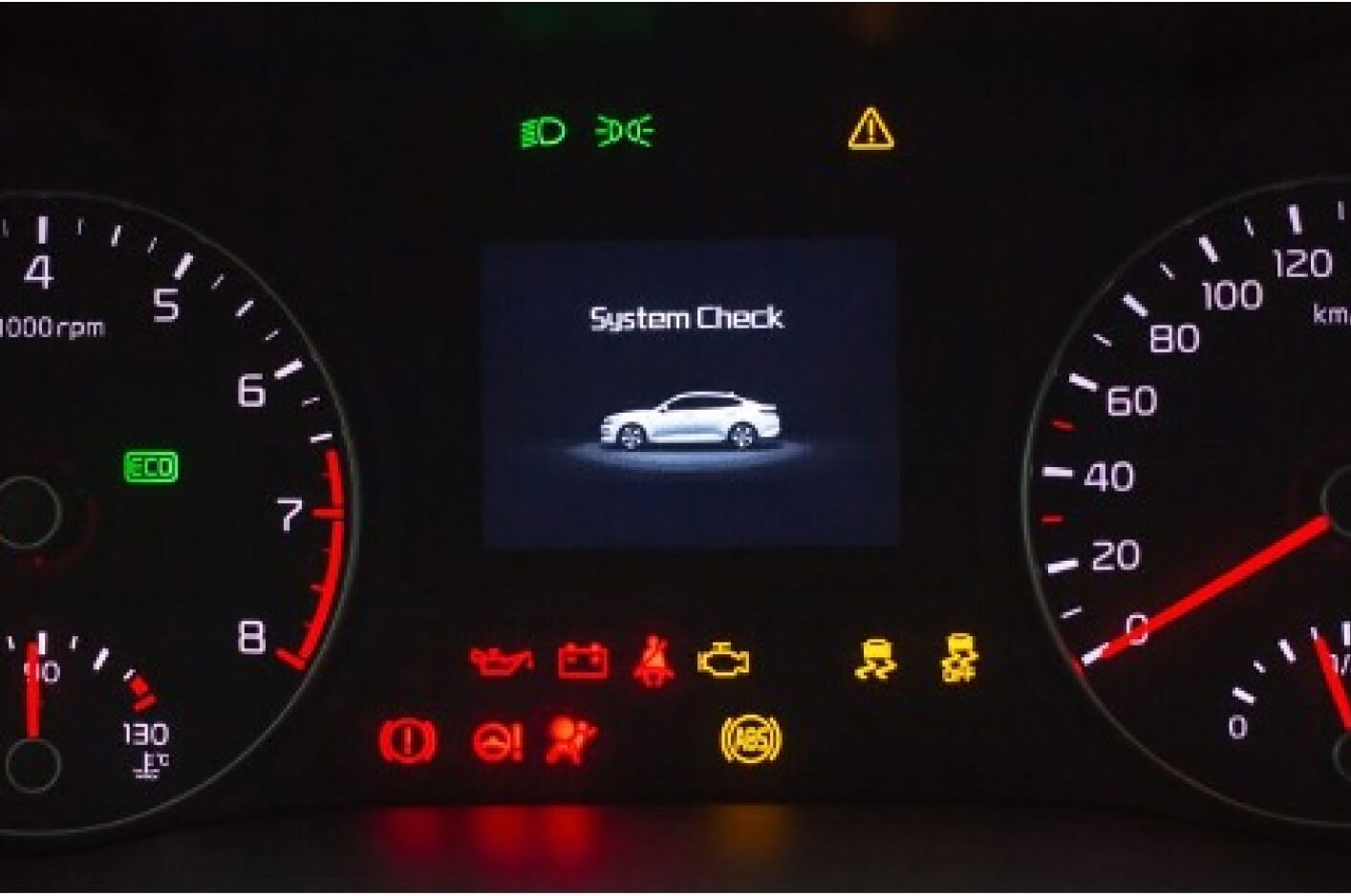29 July 2015
Fuel bill savings for fleets as diesel prices drop below petrol for first time in a decade
Fuel is typically the second biggest fleet cost after vehicle acquisition/depreciation, but fleets can make financial savings as this week the pump price of diesel dropped below that of unleaded petrol at many forecourts for the first time in more than a decade.

Potentially accounting for 25–30% of fleet expenditure, significant savings can be made in fuel budgets by shopping around after the round of diesel price cuts of up to 2p per litre led by the supermarkets.
Morrisons cut the price of diesel by up to 2p per litre, and Tesco, Asda and Sainsbury’s followed the move with their own price cuts. The RAC said that it was the first time since 2001 that diesel had been cheaper than unleaded petrol, while Morrisons called the development ‘a milestone in motoring’.
Asda said that drivers would now pay no more than 112.7p per litre for diesel, with unleaded petrol at 114.7p per litre.
The AA said in its monthly fuel price report published this week that, despite the supermarkets’ move, the average price of a litre of unleaded petrol nationwide was 117.24p, with the average price of a litre of diesel at 119.33p.
The RAC claimed the supermarkets’ price cut meant ‘we are now well on the way to seeing a UK fuel price flip – where the average price of diesel is, quite rightly, cheaper than unleaded at the pumps’. The change is a result of lower diesel wholesale prices and a new supply of diesel from Saudi Arabia.
What’s more, the RAC speculated that prices could drop even further. A spokesman said: ‘There is scope for further price cuts of up to 4p per litre off diesel over the next fortnight, and unleaded may even benefit from a slight reduction too due to the continued oversupply of oil.’
Diesel is normally more expensive than petrol per litre for a variety of reasons, according to the United Kingdom Petroleum Industry Association.
While most recent investment in UK refineries has been for unleaded petrol production, more efficient engines mean petrol demand has been decreasing since the early 1990s, depressing prices by comparison to diesel, according to the Association. Meanwhile, diesel demand has been growing and that has had a major impact upon the wholesale ex-refinery price, with diesel being higher than that of petrol.
As ever, the advice to drivers is to shop around for the cheapest fuel prices with almost inevitably the highest pump prices likely to be at motorway forecourts.


